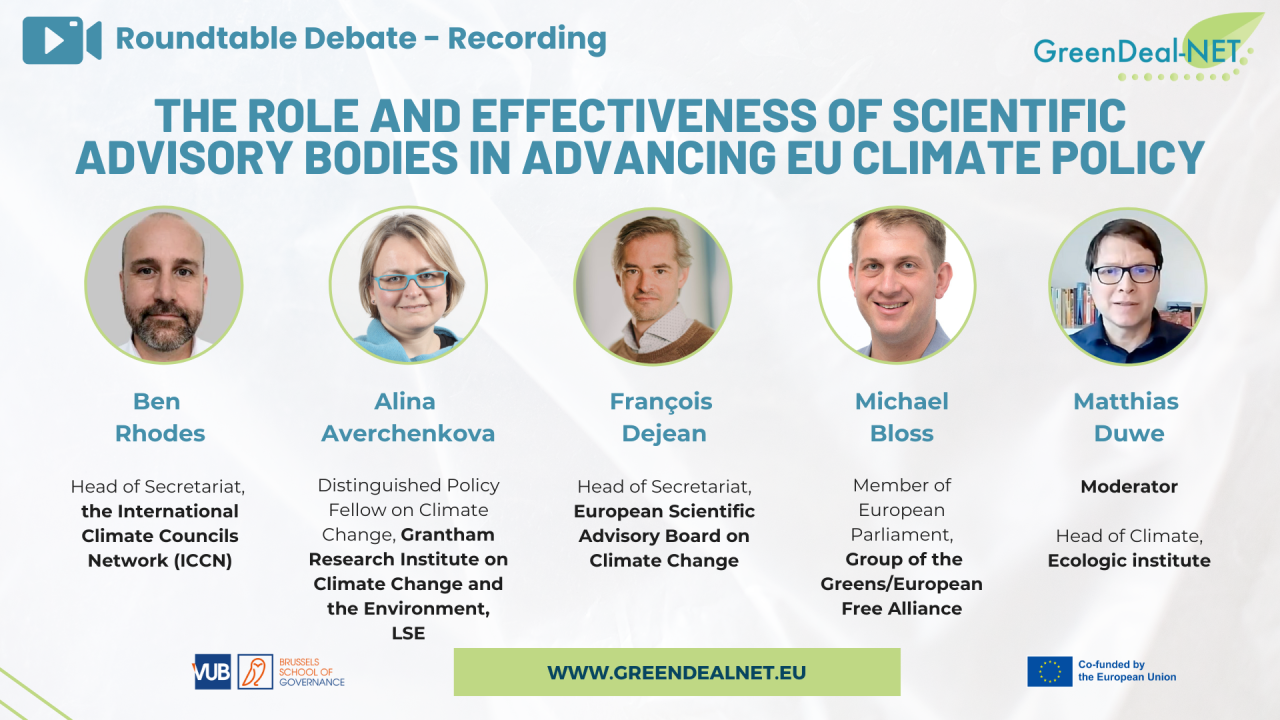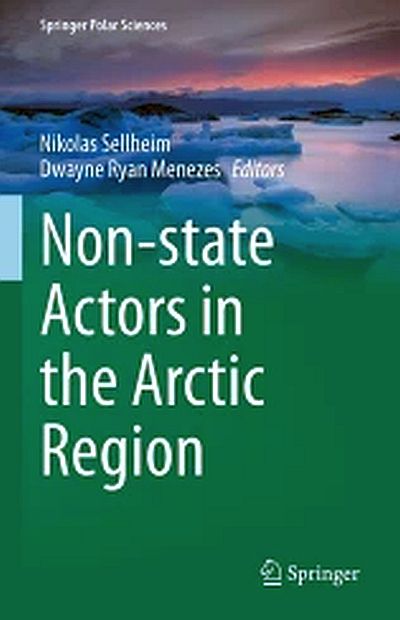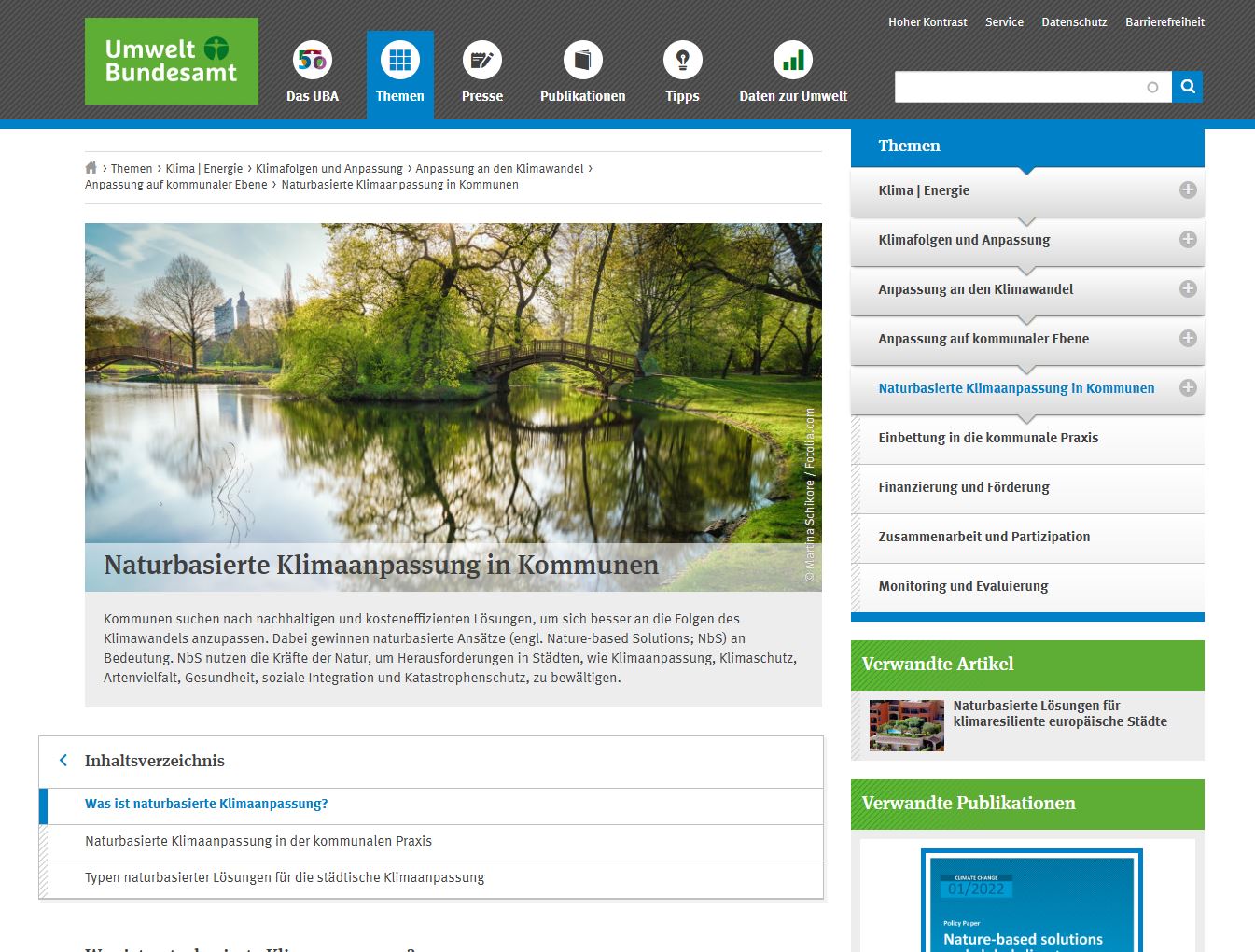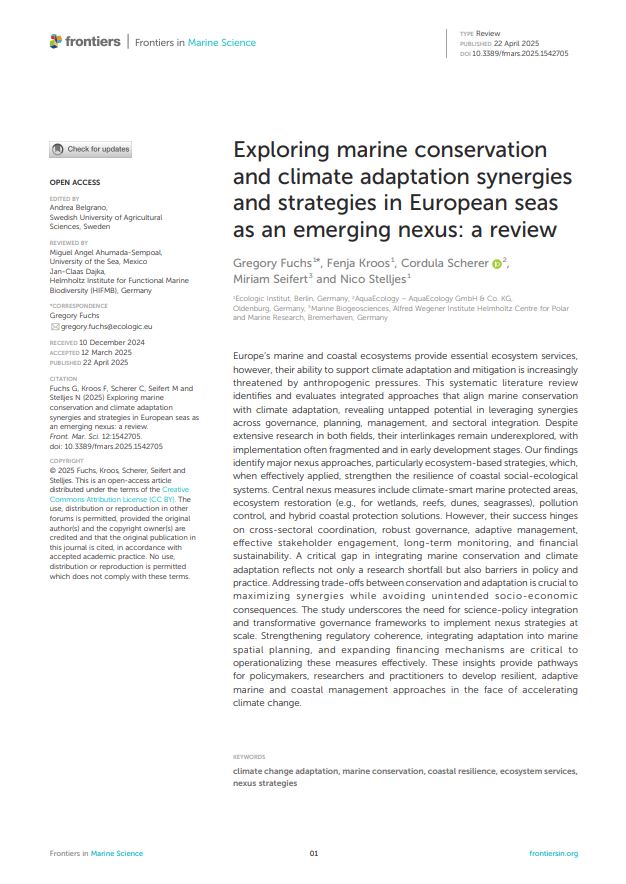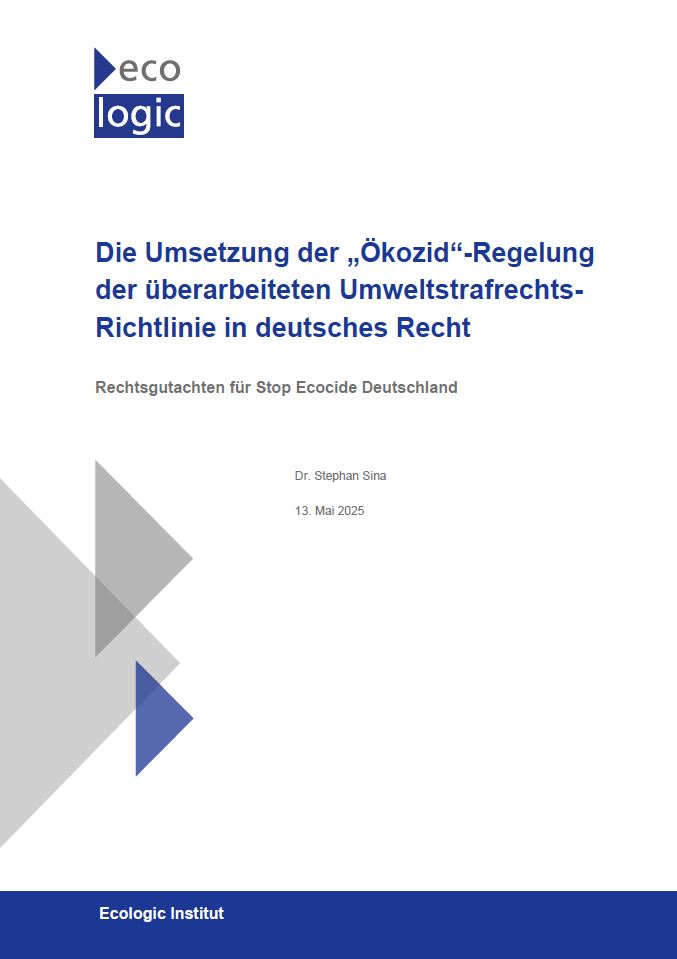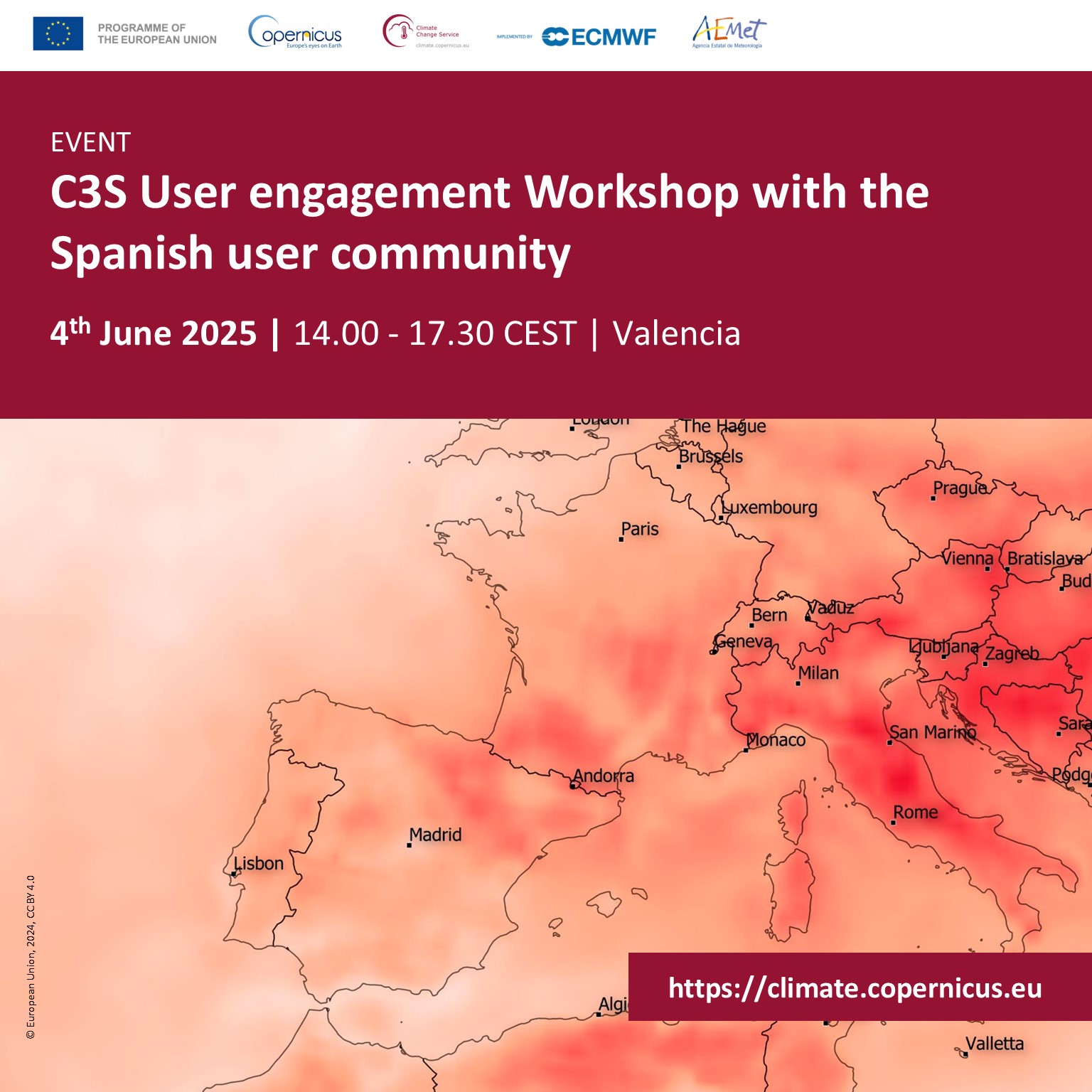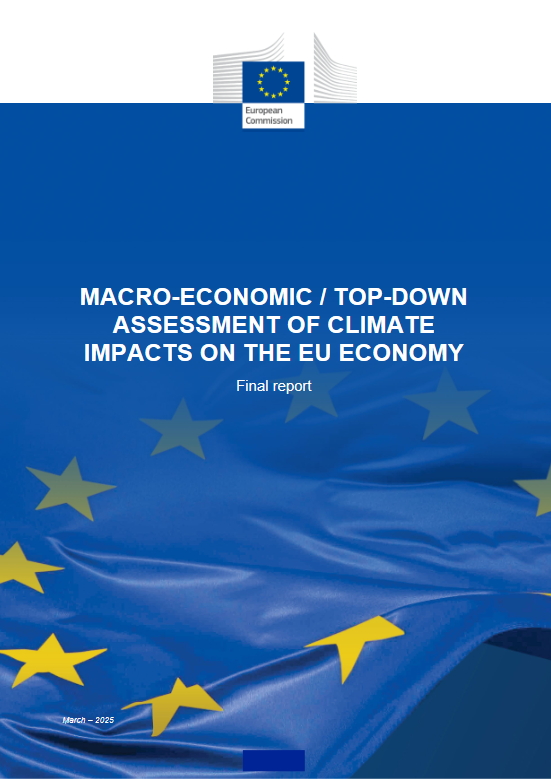Event:Discussion
Publication:Report
Delivering 2030 Climate Targets
A snapshot of the transparency and policy information gaps of Member States' NECPs
Year
Read moreProject:Horizon Europe
Carbon Farming Monitoring and Registry (CAFAMORE)
Developing a harmonised monitoring and registry framework for carbon farming in Europe
-
Read moreProject
Presentation:Chairing
Presentation:Speech
Publication:Book Section
Project
Publication:Website
Publication:Article
Publication:Report
Event:Workshop
Event:Workshop
Shaping the Future of Hamburg's Agricultural Sector – Together
Vision Workshops
-
Hamburg,
Germany
Event:Conference
Zukunft Agrar+ 2045 – Kick-off event
Shaping the Future of Sustainable Agriculture in Hamburg
Hamburg,
Germany
Publication:Report
